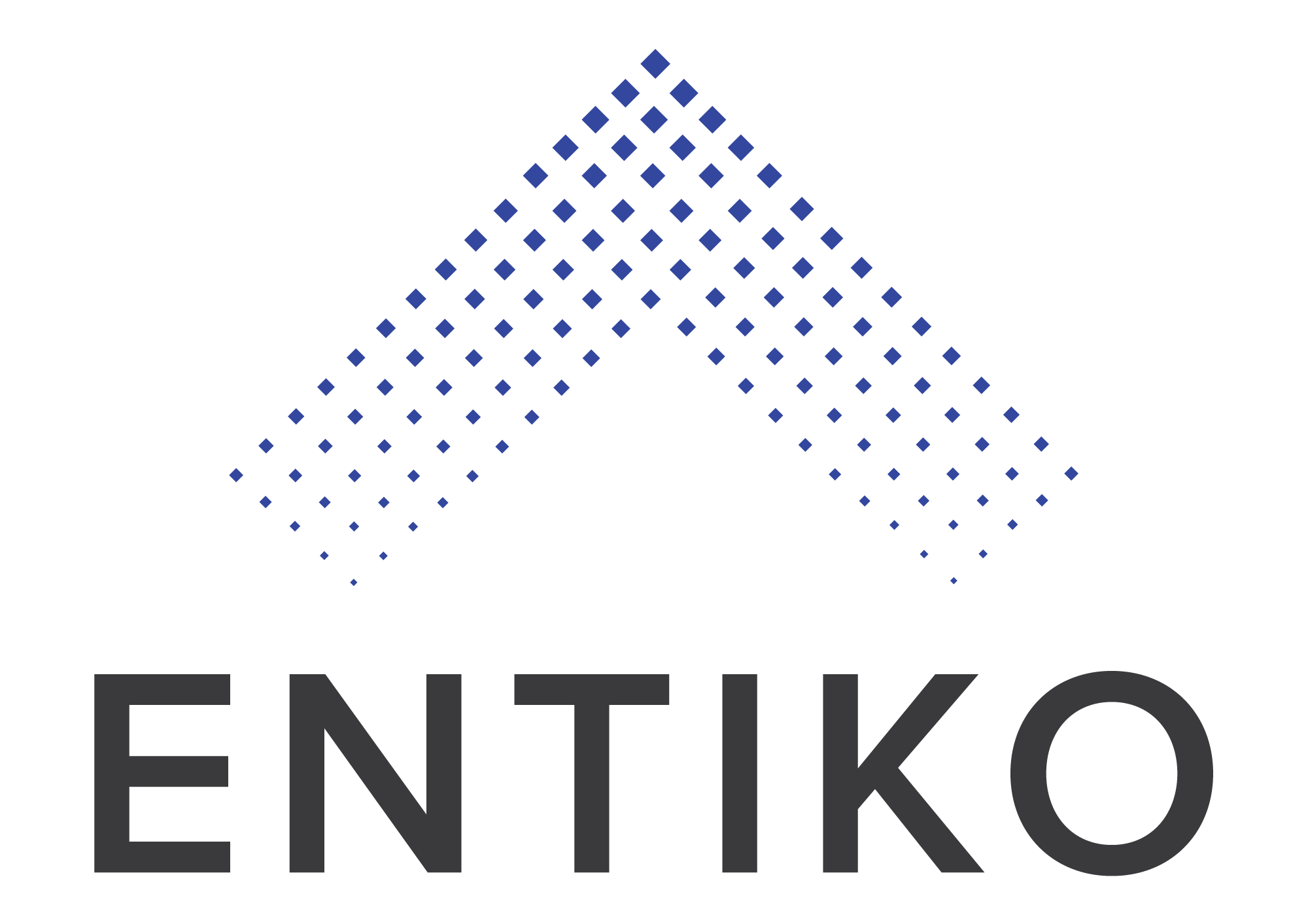The integration of the Internet of Things (IoT) in agriculture is ushering in an era of precision farming, where technology meets traditional farming practices to create more sustainable, efficient, and productive agricultural systems. IoT devices, from soil sensors to drone technology, are revolutionizing how farmers monitor crop health, manage resources, and make data-driven decisions.
IoT technologies enable precise monitoring and control of agricultural environments. Soil sensors, for example, provide real-time data on moisture levels, temperature, and nutrient content, allowing farmers to optimize irrigation and fertilization practices. This targeted approach not only conserves water and reduces the use of chemicals but also improves crop yields and quality.
Drones and satellite imagery offer a bird’s-eye view of farmlands, facilitating large-scale monitoring of crop health, pest infestations, and plant growth. These insights enable farmers to take timely actions, such as targeted pest control or harvesting at the optimal time, further enhancing productivity and reducing waste.
Furthermore, IoT applications extend to livestock management, where wearable devices track health and activity levels of animals, improving welfare and productivity. This technology also supports sustainable grazing practices, which can lead to healthier soil and reduced carbon emissions.
The adoption of IoT in agriculture also contributes to the resilience of farming operations. By providing detailed environmental data, farmers can better anticipate and mitigate the impacts of climate change, such as extreme weather conditions or shifting growing seasons.

Precision Irrigation: The Heart of IoT in Agriculture
Precision irrigation exemplifies the transformative impact of IoT on sustainable farming. By utilizing IoT sensors and systems, farmers can deliver the exact amount of water needed at the right time, significantly reducing water usage and enhancing crop performance. This method contrasts sharply with traditional irrigation techniques, which often lead to over or under-watering, wasting valuable resources and harming crop yields.
Precision irrigation systems leverage data from soil moisture sensors, weather forecasts, and crop models to automate watering schedules. This not only optimizes water use but also supports the health of crops and the conservation of soil nutrients. The efficiency gained translates to lower operating costs for farmers and contributes to the preservation of vital water resources.
The implementation of precision irrigation faces challenges, including the initial setup costs and the need for technical knowledge to manage the systems. However, the long-term benefits, such as reduced water consumption, improved crop yields, and enhanced sustainability, make it a cornerstone of modern, technology-driven agriculture.
Embracing IoT in agriculture is leading to smarter, more sustainable farming practices, from precision irrigation to enhanced crop monitoring.
As the agricultural sector continues to evolve with the integration of IoT technologies, the promise of more sustainable, productive, and efficient farming becomes increasingly tangible. This digital transformation paves the way for a future where agriculture not only thrives but does so in harmony with the environment. The journey towards fully embracing IoT in agriculture is complex, yet the potential rewards for farmers, consumers, and the planet are immense.



